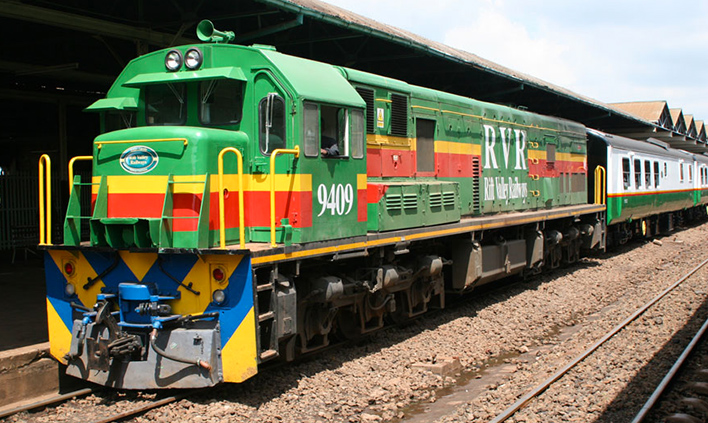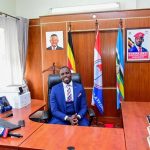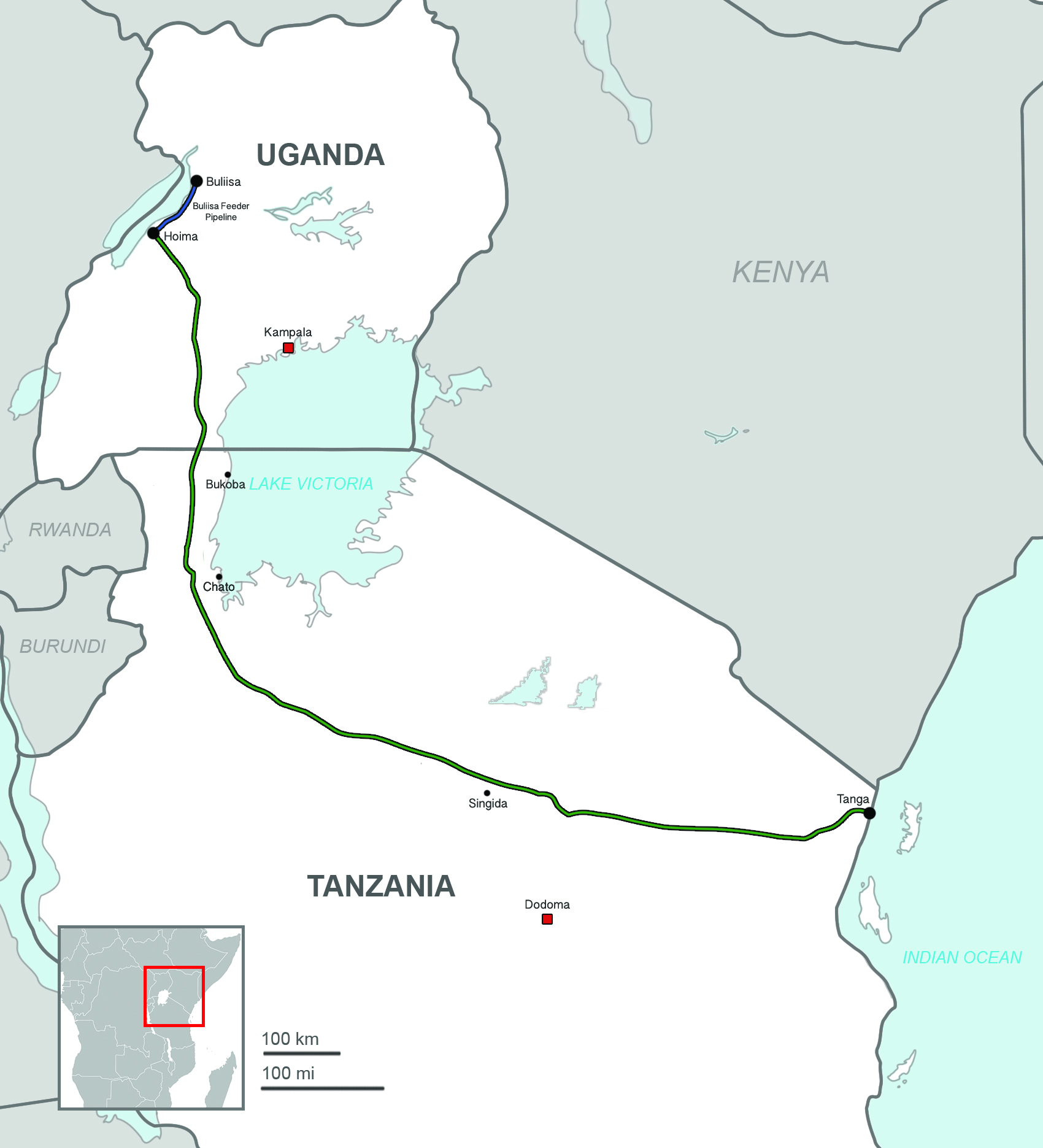President Yoweri Museveni emphasized the critical role of railways in reducing transport costs and enhancing business profitability in his speech during Uganda’s 62nd Independence Anniversary. Speaking at a celebration in Busia, where he was joined by Central African Republic President Faustin-Archange Touadera, Museveni discussed Uganda’s economic history, its current development, and plans to improve infrastructure, including the ongoing repairs to the old meter-gauge railway and the construction of the Standard Gauge Railway.
Uganda’s railway network, Museveni noted, is vital for lowering transport costs, a key factor in enabling businesses to operate more profitably. He reiterated that reducing production and transport costs through investments in infrastructure like electricity and railways would make Uganda a more attractive destination for investors.
According to Museveni, by improving these essential services, Uganda is paving the way for businesses to flourish while simultaneously increasing employment opportunities across sectors, particularly in manufacturing and services. His message to the people of eastern Uganda was clear: take advantage of government programs aimed at fostering economic inclusion, such as the Parish Development Model (PDM), and join the money economy.
Museveni also reflected on Uganda’s colonial economic past, characterized by a focus on raw material exports like coffee, cotton, and copper. He explained that this model limited Uganda’s economic potential, keeping most of the population in subsistence farming. Today, however, Uganda’s economy is diversifying, with the government focusing on value addition and industrialization to generate more wealth for the country.
Using coffee as an example, Museveni highlighted the global disparity in the value chain. While Uganda earns about $2.5 (sh9,200) per kilogram of raw coffee beans, the same kilogram, once roasted and packaged abroad, fetches up to $40 (sh147,000). This value loss, he argued, has contributed to the underdevelopment of African nations, which continue to export raw materials rather than finished goods. To combat this, Uganda is actively working to industrialize its agriculture and mineral sectors, with upcoming projects focusing on coffee, copper, and iron ore.
The President outlined Uganda’s economic growth trajectory, emphasizing that the nation’s GDP is expected to reach $57.5 billion by the end of June 2025. His ultimate goal is to expand the GDP to $500 billion, leveraging Uganda’s petroleum resources and ongoing infrastructure projects.
Museveni further addressed the broader African context, advocating for economic and political integration across the continent. He stressed that regional cooperation, especially within East Africa, is essential for achieving prosperity and strategic security. He warned that without such integration, Africa could face stagnation similar to Latin America’s experience.
| Resource Allocation for Key Projects | Projected Value |
|---|---|
| Coffee (Value Addition) | $40/kg |
| Uganda’s Expected GDP (June 2025) | $57.5 billion |
| Coffee Export Earnings | $2.5 billion |
| Germany’s Coffee Revenue (Non-grower) | $65 billion |
| Tourism Revenue (Pre-COVID) | $1,510 million |




















